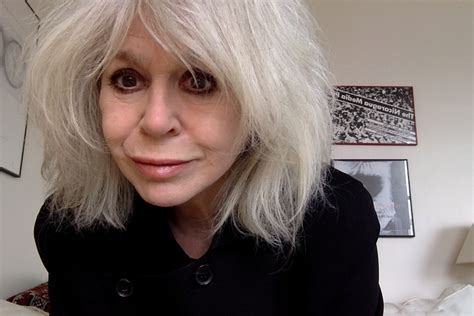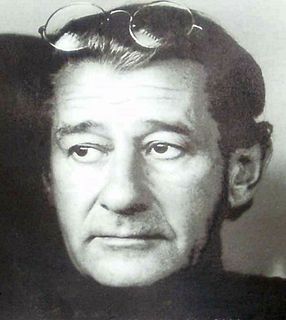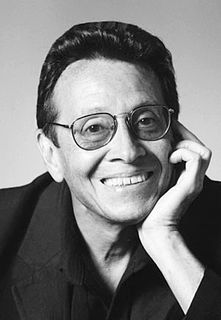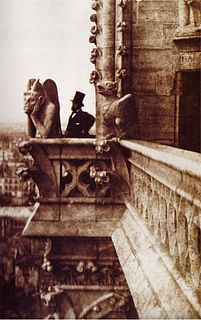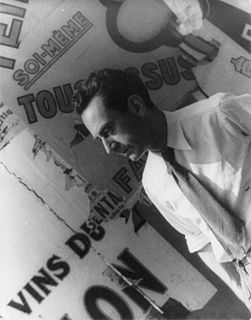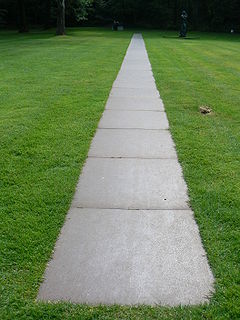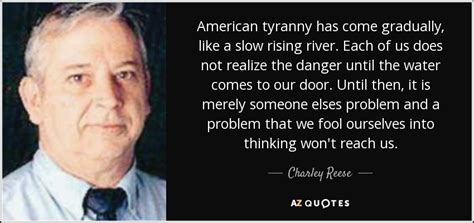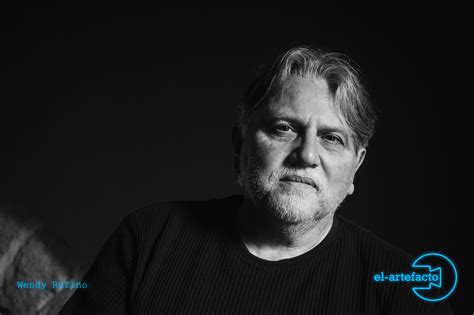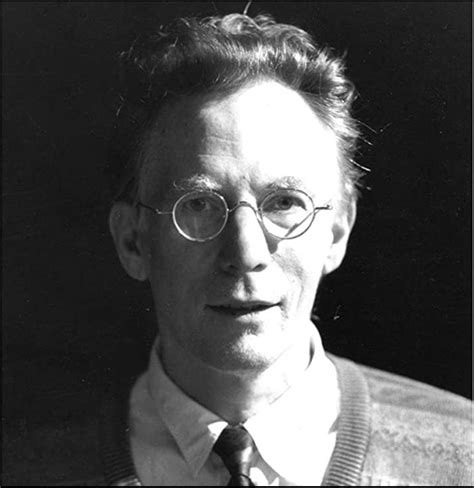A Quote by Charles Baudelaire
This industry [photography], by invading the territories of art, has become art's most mortal enemy.
Quote Topics
Related Quotes
Has it led you to the conclusion that photography is an art ? Or it is simply a means of recording ? "I'm glad you asked that. I've been wanting to say this for years. Is cooking an art ? Is talking an art ? Is even painting an art ? It is artfulness that makes art, not the medium itself. Of course photography is an art - when it is in the hands of artists."
I collect art on a very modest scale. Most of what I have is photography because I just love it and it makes me happy and it looks good in my home. I also have a pretty big collection of art books mainly, again, on photography. A lot of photography monographs, which is great because with photography, the art itself can be reproduced quite well in book form.
I'm not criticizing Hollywood because I work there, I partly live there. But I'm saying this is the way it is, commerce is taking over art. Commerce has become the most important thing in the film industry. Hollywood is an industry, it's not an art form, therefore they have to address the bottom line. But in a way it's sad when you get a remake, isn't it?
At one point cinema and photography weren't treated as art. Now it's crazy to think they're not. The key question is "What is art today?" The most important artists of the last 20 years are Steve Jobs and Jonathan Ive, because the influence they have had is incredible and they've changed the world. That is art.
art is the most general condition of the Past in the present. ... Perhaps no work of art is art. It can only become art, when it is part of the past. In this normative sense, a 'contemporary' work of art would be a contradiction - except so far as we can, in the present, assimilate the present to the past.
If Americans wish to preserve a country they will recognize, then the first step is to recognize the enemy. Public education is the enemy. The entertainment industry is the enemy. The corporate culture is the enemy. The advertising industry is the enemy. And most of the politicians in both parties are the enemy. An enemy is defined as anybody, or any organization, which is attacking the traditional beliefs of Americans.



